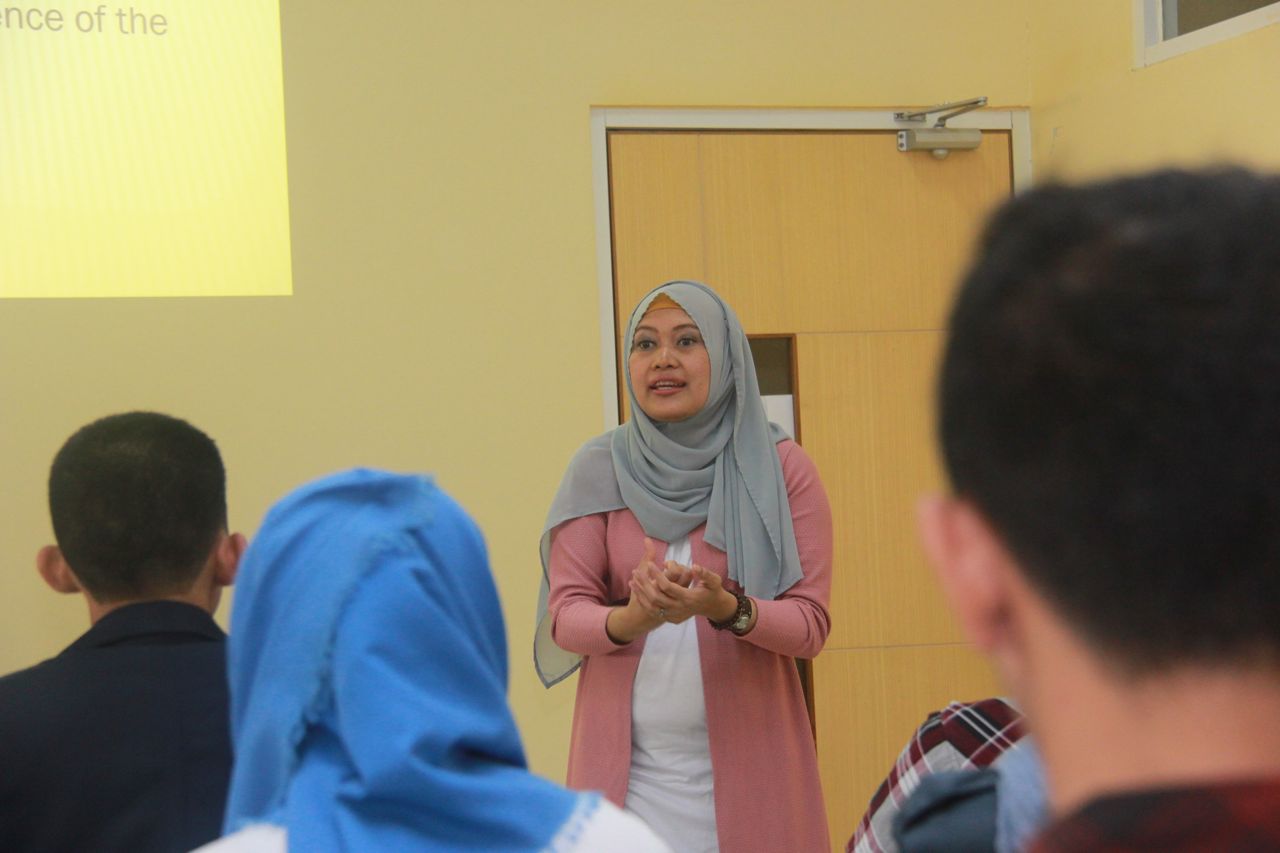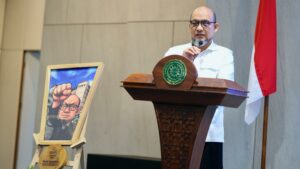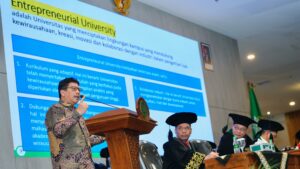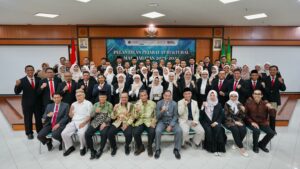The tobacco circulation in Indonesia is seen as more effortless than circulation in other countries. This ties in with the less controllable tobacco industry and the inexistence of resolute policy towards the circulation in Indonesia.
Vice Director of Muhammadiyah Tobacco Control Center (MTCC), Dianita Sugiyo, S.Kep., Ns., MHID, explained that the government policy over tobacco circulation is still less than Brazil and the Philippines. In fact, tobacco has long-term negative impacts on the addicts.
“In Brazil, the government takes control of their tobacco industry. Meanwhile, in Indonesia, tobacco industries are a serious issue as their target market is young people. For example, tobacco ads tell you about young people, no old people are showed on the ads,” said Dianita at the opening of two-day Tobacco Control Champion Training, on Tuesday (6/12) at Graduate School of Universitas Muhammadiyah Yogyakarta (UMY).
Dianita describes that young people become the tobacco industries because their productive age is longer than the older people. For instance, if the average life expectancy is 70 years old and the tobacco companies sell their cigarettes to 20-year-old young people, the com will be 50 years of chance for them to sell their cigarettes to that young generation.
“The tobacco companies will continually sell their Indeed, in 2020, the number of Indonesian young people is estimated to be 70% of the population. Thereby, the tobacco companies will get a continuous profit from them,” she mentioned.
The government of the Philippines, Dianita continued, applies a high rate tax of tobacco products. “That high rate tax, then, can be allocated to healthcare fund for the Filipinos. Hence, it maintains the high price of cigarettes, and it is expected to turn down tobacco Filipinos consumers. Although it does not decline, the tobacco industries is still be able to contribute cash to the government that will be used to healthcare budget,” Dianita told.







